James Matteson9781440060823, 1440060827
1 Diophantine Problem, It is required to find four affirmative integer numbers, such that the sum of every two of them shall be a cube. Solution. If we assume the first^Cx3^)/3-), the second^^x3-y3–z* ), the third=4(-z3+y3+*’), and the fourth=ws-iOM”^-*)5 then> the first added to the second=B8, the first added to the third=)/3, the second added to third=23, and the first added to the fourth=ir Thus four of the six required conditions are satisfied in the notation. It remains, then, to make the second plus the fourth= v3-y3Jrz*=cnbe, say=ic3, and the third plus the fourth^*3- 23=cube, say=?«3. Transposing, we have to resolve the equalities v3–£=w3–if=u?–oi?; and with values of x, y, z, in such ratio, that each two shall be greater than the third. Let us first resolve, in general terms, the equality «’-}-23=w3-|-y3. Taking v=a–b, z=a-b, w-c–d, y=c-d, the equation, after-dividing by 2, becomes a(a2-)-3i2)==e(c2-J-3f72). Now assume a-Sn])–Smq, b=mp-3nq, c=3nr
About the Publisher
Forgotten Books is a publisher of historical writings, such as: Philosophy, Classics, Science, Religion, History, Folklore and Mythology.
Forgotten Books’ Classic Reprint Series utilizes the latest technology to regenerate facsimiles of historically important writings. Careful attention has been made to accurately preserve the original format of each page whilst digitally enhancing the difficult to read text. Read books online for free at www.forgottenbooks.org | |
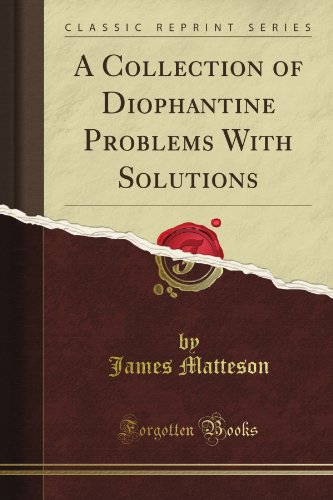
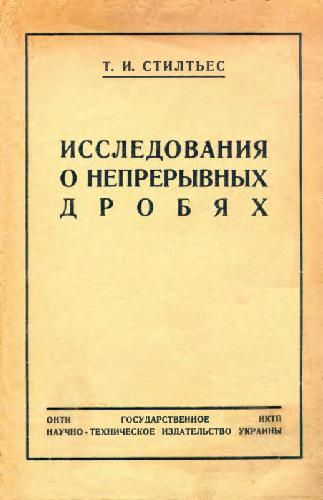
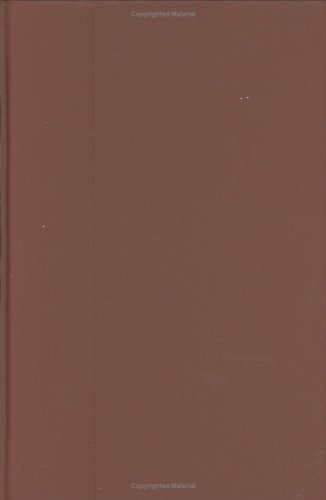
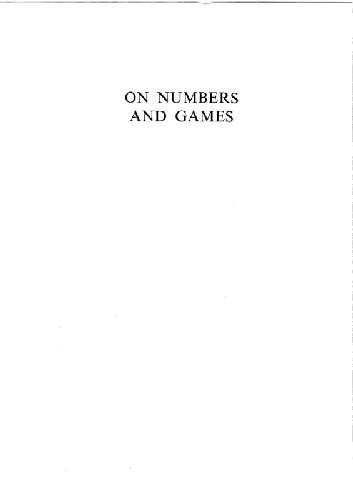
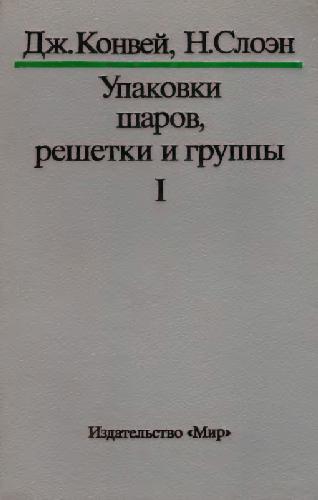
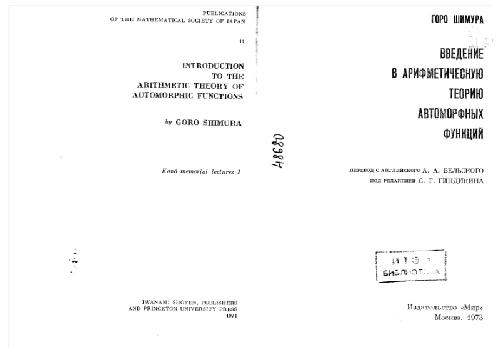
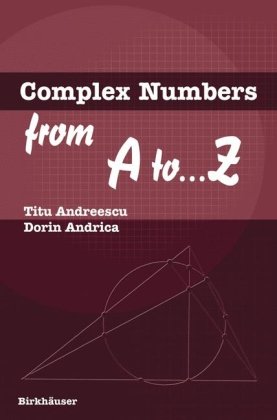
Reviews
There are no reviews yet.